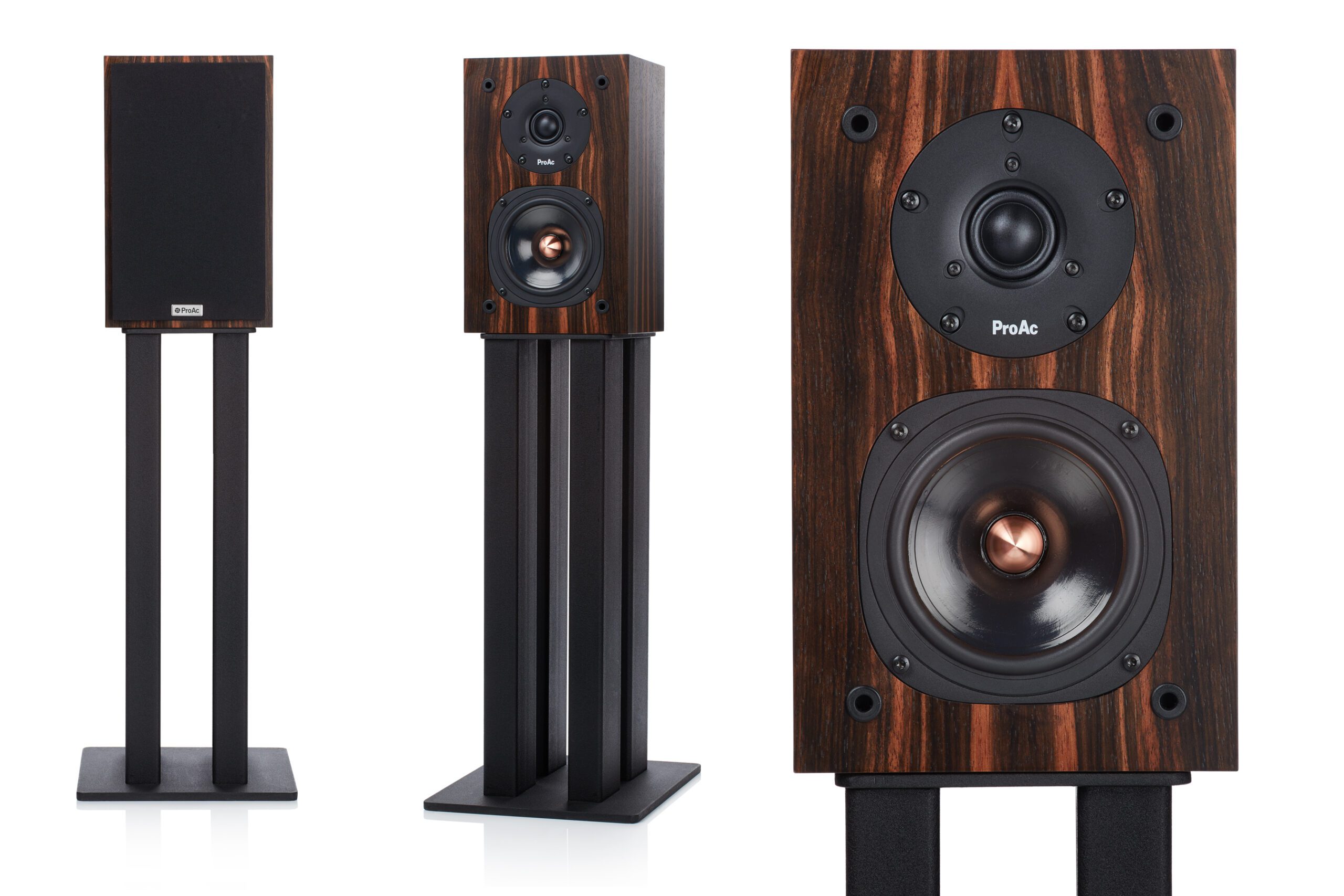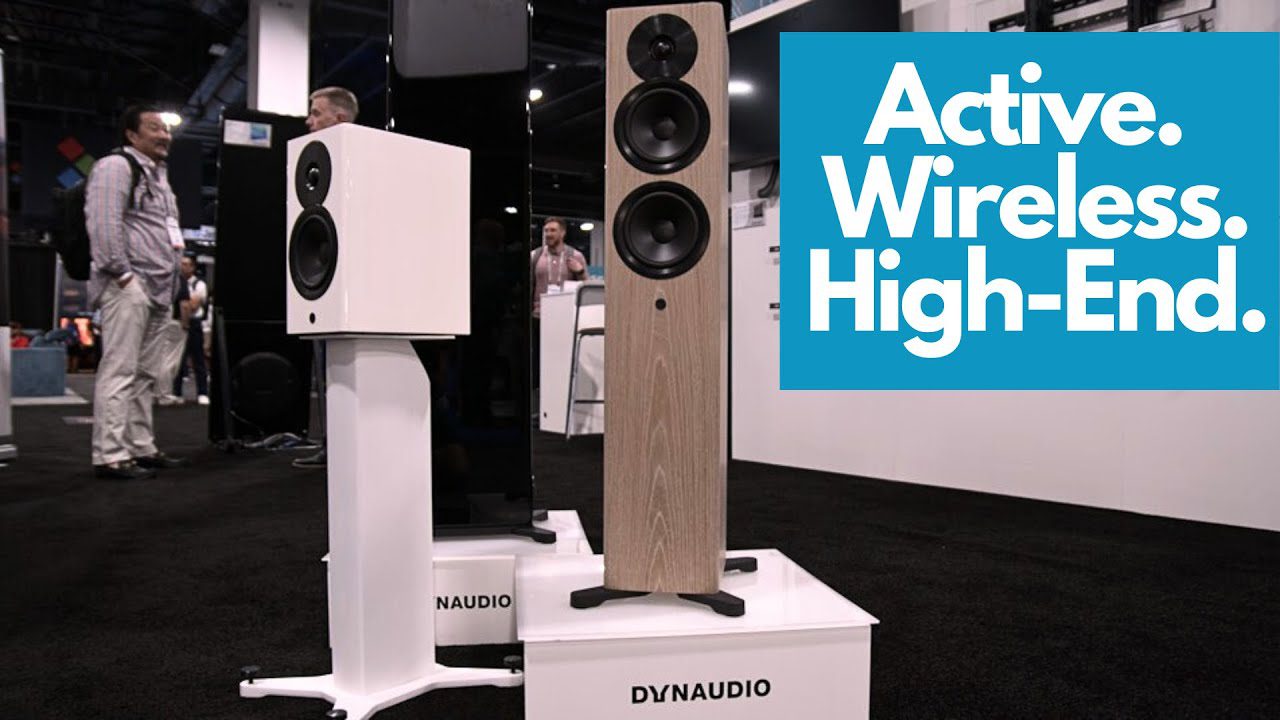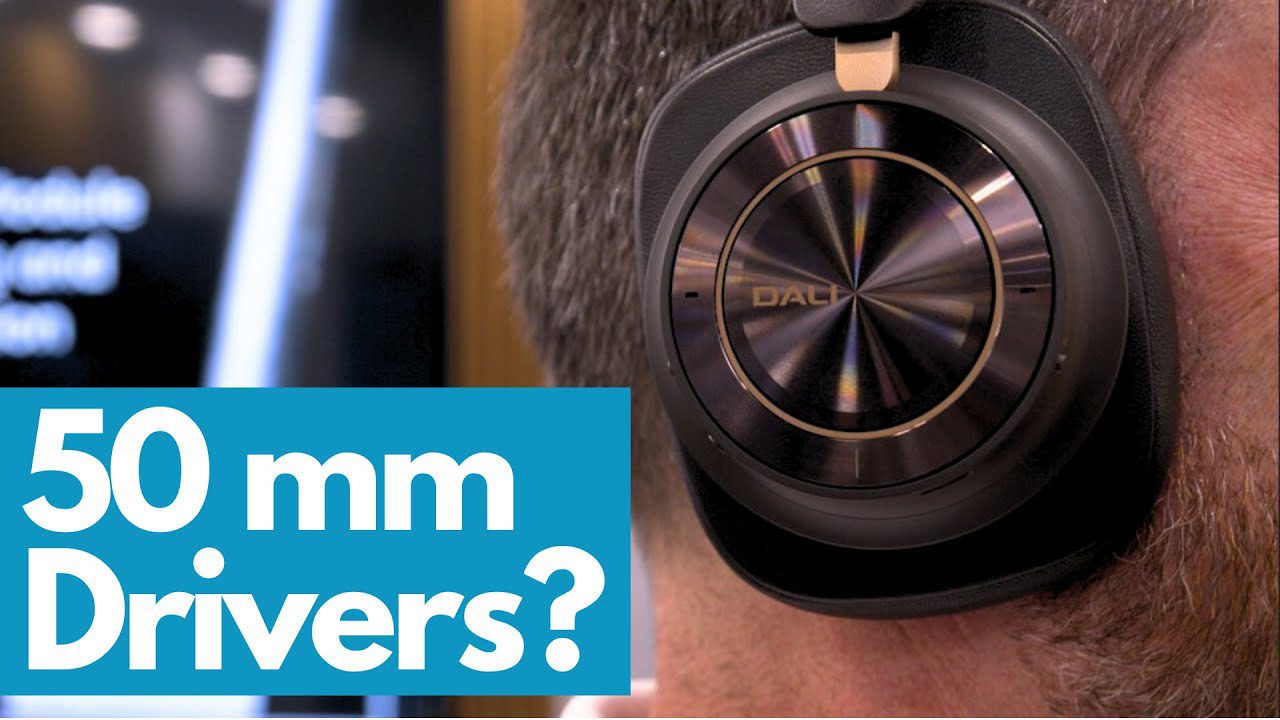
To celebrate the 25th anniversary of their 1995 debut album, Olympian, anthemic ‘90s indie-Britrock band Gene have had their back catalogue reissued by Demon Music Group.
The Deluxe Edition vinyl box set, Gene: The Albums, which retails for £139.99, includes all four of the group’s studio albums – Olympian, Drawn To The Deep End (1997), Revelations (1999) and Libertine (2001), as well as the B-sides, live tracks and radio sessions compilation, To See The Lights (1996). There’s also a nine-CD set, (around £60), which throws in extra discs of bonus tracks and B-sides, as well as the 2000 live album, Rising For Sunset.

Gene (Martin Rossiter – vocals; Steve Mason – guitar; Kevin Miles – bass, and Matt James – drums) were often lazily tagged as Smiths copyists, but, as these new collections prove, they were so much more than that. Their influences also included The Jam, The Faces, The Who, R.E.M, Big Star, country-rock, soul and reggae. We asked Matt to talk us through the vinyl box set and share his memories of making the albums.
SH: The deluxe vinyl box set looks great – it’s a nice package for the fans, isn’t it? How did you choose what to include?
MJ: At first, Demon weren’t going to put To See The Lights in it, as it’s got BBC-owned songs on it – the BBC aren’t as easy to deal with as they once were and they’re very expensive. The box set would’ve cost less than 100 quid, but by including To See The Lights it’s put the price up. To See The Lights isn’t technically a studio album, but it’s an important one and we wanted it to be in there.

I don’t feel like we’re ripping anyone off – I’m doing it for the love of it and to keep the memory and legacy alive. I can’t really see anybody doing this with the Gene stuff again in my lifetime – this was our one chance. All of the original vinyl is now out of print. I’ve worked with Demon before – they’ve done a good job. For the artwork, they tried very hard to find unreleased photos.
Have the albums been remastered?
They’ve not been remastered or remixed, but they’ve been tweaked EQ-wise. You can open a can of worms with remastering…
Tell us about Keith Cameron’s sleeve notes. He signed you to his Costermonger label in 1994, didn’t he?
Yes. Keith’s done some fantastic sleeve notes – when I read them, it brought a tear to my eye. I didn’t blub, but I got a bit moist! He’s summed up one of the best moments for me – when he came to the studio, after we’d just finished making the Olympian album, and we had a wrap party. We were about to go and play The Forum [in Kentish Town, London] for the first time – the studio made us a cake with ‘The Forum’ written on it – and we had it all ahead of us. We felt on top of the world.
Do you own all the original Gene releases on vinyl?
Yes – I have everything, including some exceptionally rare stuff. I’ve got a proud collection of white labels and rarities.
So you’re a vinyl lover?
I absolutely love vinyl – I have a collection. I’ve got tons of reggae that I haven’t played for years. I need a new record player. If someone could advise me on what one to get, that would be great. I mostly listen to music on my phone, but my choice would be to get the vinyl out, sit down and listen to it on my own, but that isn’t the way life is at the moment – I don’t get the opportunity because I have kids.
Your debut album, Olympian, didn’t include your first two singles. That was a bold move, wasn’t it?
Yeah – the thinking behind it was that the songs were out there – people had them – and we didn’t want to rip our fans off. We were confident of our new material. In terms of Gene’s success, we could have probably done things differently and tweaked one or two things – it might have been a better commercial decision to put the singles on there, but the album went down pretty well review-wise and I think it’s certainly stood the test of time. Olympian is kind of timeless and it captures a fantastic moment in our age and development – it’s a band, recorded in a room… Our producer, Phil Vinall, used to make us rehearse stuff before we did the takes, so he captured the sound of the band playing live. It was a really exciting time and that shows in the recording – we were puffed-up and ready to go. We made it in Pete Townshend’s studio, Townhouse 3, in Battersea – The Who had recorded there and there’s loads of footage of them playing in it. For myself and Kev, who both love The Who, it was really magical – just to be on that hallowed ground.
What are your memories of making the second studio album, Drawn To The Deep End?
We threw a lot at it. Polydor [the record label Gene were signed to at the time] wanted us to have a big, million-selling album. They brought a big-name producer in [Chris Hughes] and we spent a lot of time and tons and tons of money on it.

In hindsight, I don’t think we were ready for that big jump. I think we should’ve done something else before going for the big one, because we put ourselves in so much debt with Polydor. It sold pretty well around the world – more than Olympian – but it didn’t sell millions, so the writing was on the wall for us. Musically it does stand up, but some of the new technology we were using in the studio at the time, like Pro Tools – we were doing a lot of cutting up and pasting –has coloured one or two of the songs, although it works brilliantly on tracks like ‘Speak To Me Someone’ and ‘Where Are They Now?’
We didn’t do that on Olympian or Revelations, which was the album after Drawn To The Deep End, when we went back to recording live takes.
Revelations was a deliberate attempt to try and get back to basics and capture the live sound of Gene in the studio, wasn’t it?
We didn’t want to make an overcomplicated album – we knew by then that Polydor wouldn’t pay for another £200,000 album. I think they were going to drop us, but, in a way, we were given a belated chance – they, begrudgingly, let us do Revelations, but they said we had to make it in a month. We went to Rockfield and we worked our socks off – we wrote loads of songs and B-sides. Rockfield was amazing – it was brilliant to be in that kind of environment. I can remember talking to the cows every morning. The pressure was on, but we stepped up to the plate – I really like Revelations.
The fourth and final album, Libertine, came out after you’d parted company with Polydor.
We were able to survive and to do it ourselves, but we got into bed with the wrong people for the distribution. We never really saw any money from that album, but it sold OK. Recording-wise, I’m really proud of it – I love that record. We made it in Chapel Studios, in Lincolnshire. Libertine is almost a mix of Drawn To The Deep End and Revelations – it’s experimental, but it also has plenty of live takes on it. We were able to push the boundaries and we knew what we were doing.
Libertine is a cinematic and dark record at times, but there’s also a groove to it…
Yes – that was me getting my own way a little bit.
Do you think Gene were underrated? You had a diehard fan base, a great reputation as a live band and you made some critically-acclaimed albums, but was there the potential for the band to cross over into the mainstream?
I think we wanted to and we could’ve been guided that way, but all of us were quite opinionated people, and with management thrown in on top of that, it was a bun fight. We were all pulling in different ways, but with a clear management vision, we might have crossed over. It was only a couple of years later than an anthemic rock band, like Coldplay, really did cross over. I wanted us to be like The Cure or R.E.M, but it never quite happened.
You were often labelled as Smiths copyists by the press and your critics, which held you back, didn’t it?
Yes – it wasn’t good, or fair. People said we sounded like The Smiths, but that wasn’t true. Martin was influenced by The Smiths and Morrissey – he always admitted that – but, musically, we were a million miles apart from them. It kind of upset me – people weren’t prepared to listen to the truth. Our influences were The Who, The Faces, Big Star… and then with Martin’s Smiths influence, it created something different. It’s all ancient history now.
Gene called it a day in 2004. Why did you split up?
Martin didn’t want to do it any more – he’d lost his faith in it. He couldn’t see beyond the fact that we were playing smaller gigs and we had no money.
Martin and Kev had kids at the time and they both really needed a proper wage, but Steve and I didn’t have those responsibilities. The only thing I did was party when I wasn’t doing gigs!
There were also some tax debts which we weren’t told about and we all ended up shackled with those for years afterwards – that’s what can happen with bands. We didn’t fall out with each other.
Ironically, in more recent times, you, Kevin and Steve have fallen out with Martin, over his decision to play a ‘Martin Rossiter farewell show’ in London, which will include songs by Gene – and his solo material – but performed by him and a band of session musicians. It was teased online and was very misleading, as a lot of Gene fans thought the band were reforming…
It was really upsetting. He has every right to do it, but Gene’s music hadn’t been played with a full band by anyone since we split. Martin had done Gene songs solo, but with a piano – what upset us was that he’s now chosen to do it with a full band, while all the other members of Gene are alive. He didn’t warn us about it – I don’t think he had the confidence to tell us, so he set it up covertly with a promoter, who started using Gene logos. It was a bit naughty, as people really thought we were getting back together. We knew nothing about it, but I’ve moved on from it now.
You’re writing and recording your own solo stuff now, aren’t you? You’ve been playing some of it online, debuting songs on YouTube…
I’ve always had co-writers, but last year, I started writing by myself – I have 18 songs now. I need to stop writing, finish the demos and decide what I want to do with them. I want to make a record of real quality that genuinely interests people. I’m experimenting with lots of different styles. It feels exciting.
Gene: The Albums box set (Demon Music Group) is out now –available in a deluxe 180g coloured vinyl edition, or a nine-CD collection.
Tags: FEATURED
By Sean Hannam
More articles from this authorRead Next From Blog
See all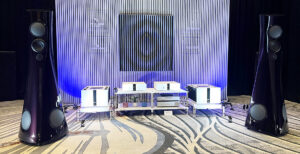
AXPONA 2024 Show Report Part One
- Apr 19, 2024
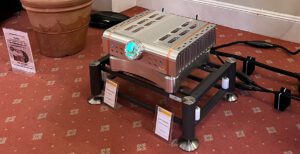
Audio Show Deluxe 2024: A photo show report
- Mar 28, 2024

Paul Messenger 1949-2024: A personal tribute
- Mar 26, 2024

Bristol Hi-Fi Show 2024: See You There!
- Feb 21, 2024

